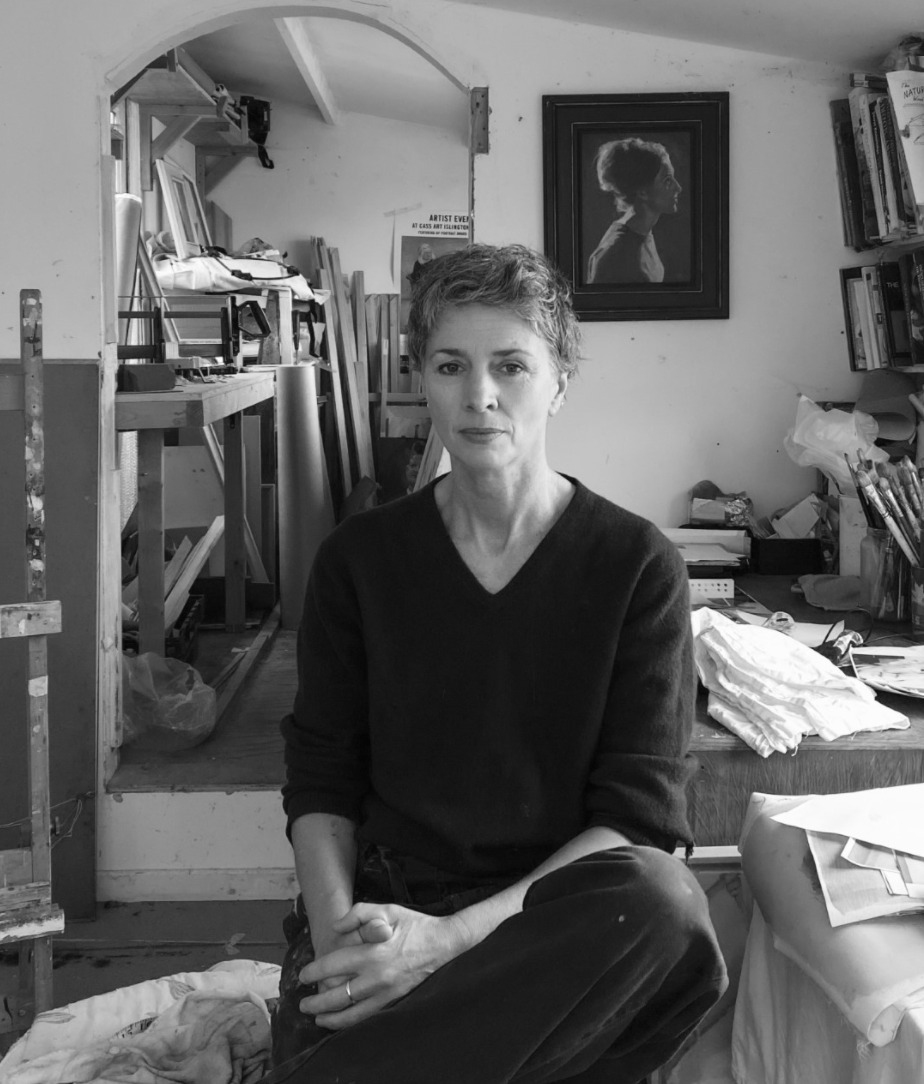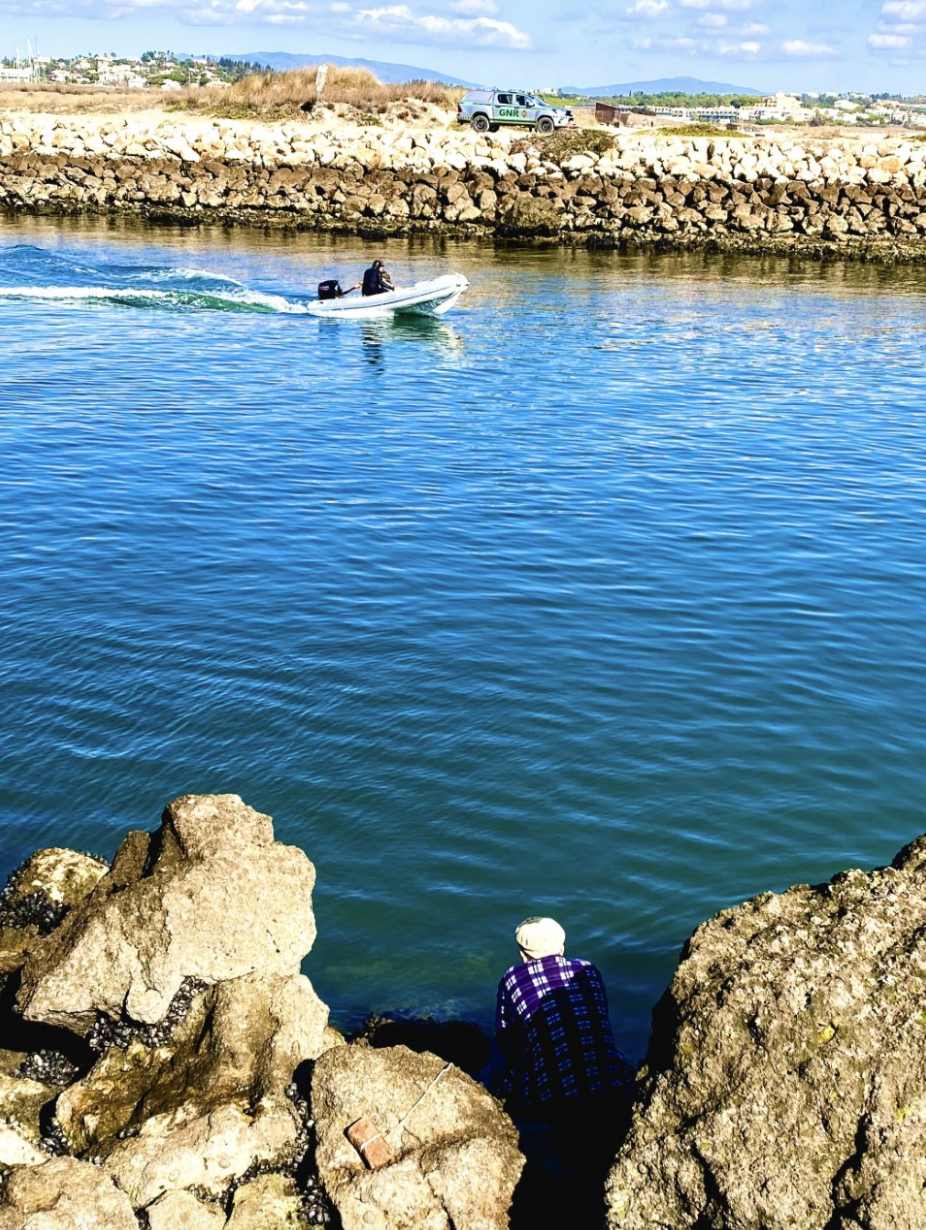Looking through a therapeutic lens
- Maya Caan

- Feb 16, 2022
- 4 min read
Updated: Feb 6
As time progresses since the pandemic struck, we have found ourselves plunged into a new world that has forced us to change how we live, work and look after ourselves.
Having an avid interest in the arts, I’m always in vigorous pursuit to get my diary booked with music, poetry, arts exhibitions, and events on offer. No longer able to absorb the creative and cultural tapestry which brought pleasure, autonomy and fulfilment, due to COVID-19 government regulations, my quest for meaningful activities was thrown into disarray.
I am currently in my final few months of qualifying as an Occupational Therapist at St George’s University of London. I recently completed a research placement with the incredible King’s College London research team and was thrilled to be offered the opportunity to share my reflection of using photography to enhance health and well-being.

Using photography to stay engaged with the world and to help combat this solitude, brought salubrious benefits beyond expectations and felt like having the power of a therapeutic tool in the palm of my hands.
Balancing my final year of occupational therapy practice placements, academic commitments as well as a health condition which required trips to hospital for treatment and surgeries without the support of close friends and family, due to government regulations, proved challenging.

On my hospital trips, or blithely wandering to get a daily dose of fresh air and exercise when the need to decompress bellowed, I found myself taking photographs. Despite having convinced myself of being scarce on the creative front, I was captivated by filtering nature’s beauty and the turmoil around me.

One paramount tip I have learnt from a dear friend, who is a talented portrait artist, is to pay attention to what I feel, see, hear and think, before taking a shot. Ruminating in my own thoughts, aspirations and desires, my photographs subconsciously capture the essence of my surroundings. Almost like a heightened state of inner self, there is a psychological link in my creativity, emotions, identity and communication, which is captured in my photographs.
This coupling of photography and psychology is not new, as described in another Inspire the Mind blog. Taking photographs has been shown to promote mindfulness, whilst stimulating making meaning of what is around us. It gives a sense of purpose, and for some, creates a community. We share experiences and achievements which have been shown to tackle loneliness, stress, anxiety and grief during times of adversity, evidenced in this research by Lancaster University. From my standpoint, this has illuminated the therapeutic power of photography and the camera as a creative instrument, described by Dr Bursztajn.

A few photography tutorials and YouTube videos later, recognising the need for allocating time to self-care, I began exploring what being a shutterbug (a photography enthusiast), had to offer. There is no master plan for what I photograph. Anything that evokes an emotive, energised, creative feeling which allows me to decelerate and breathe, is captured in my photographs.

Admittedly, it feels as though I am in a state of ‘flow’. Are you familiar with this term? It is a psychological concept named in 1975 by Hungarian-American psychologist Mihaly Csikszentmihalyi and is especially well recognised in occupational therapy practice.
The state of flow is a subjective experience; precisely how I feel when taking photographs. I am immersed in an activity which is enjoyable and nothing else seems to matter. Experiencing a shift of consciousness from one’s worries, a forfeit of self-consciousness almost, and a distortion of time in pursuit of pleasure, which this study describes. I capture the feeling, or moment in my photographs and what that evokes, rather than what I see.

So, why has photography been so paramount in enhancing my health and well-being, as I try to adapt to a second year of life with Coronavirus?
For some of you reading this, you may think this trivial and unimportant. However, research from the National Institute of Clinical Excellence (NICE) shows, when we need a break from work or other responsibilities, partaking in meaningful and enjoyable activities, be it photography, sports, arts or time in nature, manifests a feeling of calm, vitality and restoration, whilst improving our self-care.

Globally, the pandemic is having a detrimental effect on the mental health of people whilst placing increasing demand on services. There is no silver bullet, or panacea, for how we adapt to a different way of living since the emergence of Covid-19. Nonetheless, by using an approach where we prioritise, look after and take time out for ourselves, be it photography, arts, sports or whatever else colours your world, undoubtedly, you’ll begin to recognise how vastly this can enhance your emotional, physical and mental health and well-being, as I have discovered with photography.

I’ll leave you with one of my favourite quotes by photographer, Henri Cartier-Bresson, which I think applies to any activity we partake in to promote well-being:
“It is an illusion that photos are made with the camera… they are made with the eye, heart and head.”








